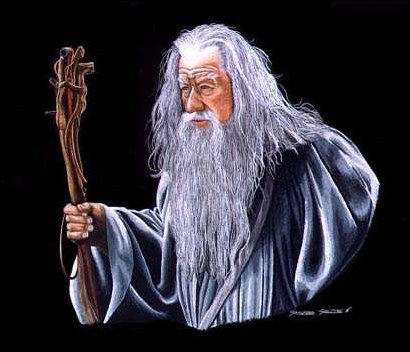BeliefNet.com reports,
Gay Episcopal Bishop Urges Tolerance
Associated Press COLUMBUS, Ohio, June 14 - The first openly gay Episcopal bishop said Wednesday that the church's top policymaking body should not heed a request from Anglicans worldwide to place a moratorium on electing gay or lesbian bishops. The Episcopal General Convention, which runs through June 21 in Columbus, must vote on whether to stop electing gay bishops for now so that the embattled Anglican family - deeply divided over homosexuality - can stay together.
Joined by national gay rights activists, New Hampshire Bishop V. Gene Robinson urged the convention to reject the proposed moratorium and any discrimination based on sexual orientation. "It's not our job to decide what the Anglican Communion will or will not do in response to our actions," he said at a news conference. "What we're called to do is to, as faithfully as we can, discern God's will and act on it in our context."
This, to me, shows some of the complexity of the issue.
On one level, I agree with Bishop Robinson completely: we must follow our own consciences where they may lead us.
On a second level, we should have some concern for the larger communities in which we operate- in this case the Anglican Communion- and consider the consequences of our actions for that larger community.
Ultimately, however, the weight of the argument must come down to the side of Bishop Robinson's argument. We must never sacrifice our conscience to any authority, or even to any majority. Majorities in our nation's past, and in many of our churches' past as well, have supported slavery and segregation, for example. The Episcopal Church was such a church at one time. People of conscience were right to resist authority and call for change.
At one point in the history of the Episcopal Church, the issue of the ordination of women was nearly as controversial as the controversy over sexuality today. I think history has already proven those who favored ordination of women to be correct in that dispute, but, regardless, those people of conscience who pushed for change were right to follow their hearts and do so.
The notion that we should blindly follow authority had the stake driven through its heart at Nurmeberg at the end of WWII. I know that's an extreme example and I'm not comparing those who oppose gay bishops to Nazis. I'm merely arguing that we cannot simply follow what the power structure might tell us is right when our hearts tell us otherwise. We must be people of conscience first, and follow the chain of command second. To do otherwise would be to be less than fully human- as Henry David Thoreau would say, machines rather than men.
Balancing these interests of conscience and community will represent the great challenge to the Episcopal Church, since consensus is not in the cards.
GP
Subscribe to:
Post Comments (Atom)


No comments:
Post a Comment